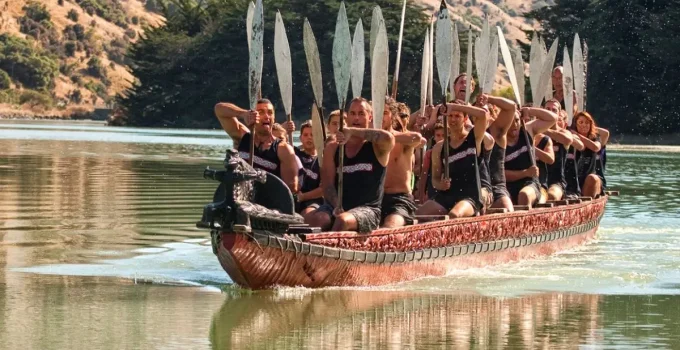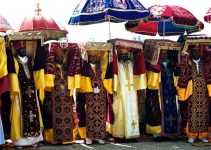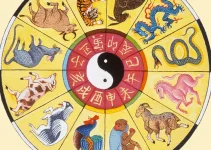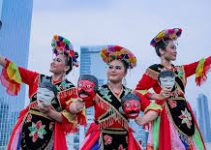Waitangi Day 2024 marks a significant moment in New Zealand’s history as the nation reflects on the complex legacy of Te Tiriti o Waitangi, also known as the Treaty of Waitangi. This foundational document, signed in 1840 between the British Crown and Māori chiefs, continues to shape the relationship between the indigenous Māori people and the government of Aotearoa, New Zealand.
The observance of Waitangi Day serves as a reminder of the ongoing challenges and opportunities for reconciliation and partnership between Māori and non-Māori communities. It is a day for commemoration, celebration, and reflection, symbolizing the ongoing journey towards a more equitable and inclusive society.
As New Zealand navigates the complexities of its colonial past and the aspirations of its diverse population, the conversation surrounding Te Tiriti has taken center stage. The enduring significance of this historical agreement lies in its ability to guide the nation as it strives for meaningful partnerships, cultural preservation, and social justice.
Understanding the historical context of Te Tiriti
To truly comprehend the complexities of Te Tiriti and its impact on modern Aotearoa, it is essential to understand the historical context in which it was signed. In 1840, representatives of the British Crown and Māori chiefs convened at Waitangi, a significant site in the Bay of Islands. The purpose was to establish a foundation for peaceful coexistence, recognition of Māori sovereignty, and the protection of Māori rights and land.
However, the two versions of the treaty, one in English and the other in Māori, differed significantly in their translations, resulting in differing interpretations of the agreement. The English version conveyed notions of sovereignty and governance, while the Māori version emphasized the protection and retention of Māori customs, land, and authority. This discrepancy laid the groundwork for the complexities that persist to this day.
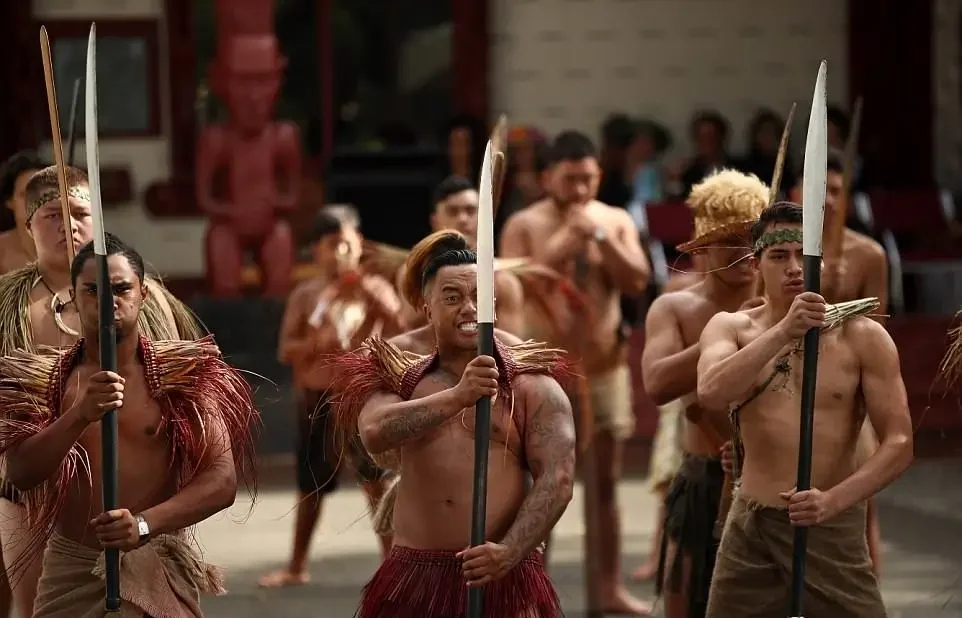
The significance of Waitangi Day in modern Aotearoa
Waitangi Day holds immense significance in modern Aotearoa as it serves as a national day of reflection, celebration, and engagement. Observed on the 6th of February each year, it commemorates the signing of Te Tiriti and highlights the ongoing efforts towards building a just and inclusive society.
It is a day for New Zealanders to come together, acknowledge the shared history, and recognize the contributions and resilience of Māori culture. Waitangi Day celebrations include official ceremonies, cultural performances, kapa haka (Māori performing arts), traditional games, and the sharing of traditional Māori food and customs. It is an opportunity for Māori and non-Māori communities alike to foster understanding, promote dialogue, and strengthen the bonds of partnership.
Navigating the complexities of Te Tiriti today
While the signing of Te Tiriti was intended to establish a partnership between the British Crown and Māori, its implementation and interpretation have been fraught with complexities. The differing understandings of the treaty’s clauses, particularly around sovereignty and land ownership, have been a source of ongoing tension and dispute.
One of the key challenges lies in reconciling the principles of Te Tiriti with the modern legal and political systems. Māori have long called for greater recognition of their rights, including the right to self-determination, cultural preservation, and equitable representation in decision-making processes. Balancing the aspirations of Māori with the wider obligations of the New Zealand government remains a delicate task.
Treaty settlements and their impact on indigenous communities
In recent decades, New Zealand has undertaken a process of Treaty settlements to address historical grievances and restore relationships between the Crown and Māori. These settlements aim to provide compensation for past injustices, recognize Māori rights and interests, and foster a sense of justice and reconciliation.
Treaty settlements have had a profound impact on Māori communities, supporting cultural revitalization, economic development, and the preservation of ancestral lands. However, the settlement process itself has not been without challenges. Delays, complexities, and disagreements over the terms of settlement have at times strained the relationship between Māori and the government.
The role of education in promoting understanding and reconciliation
Education plays a crucial role in navigating the complex legacy of Te Tiriti and fostering understanding among New Zealanders. By teaching the history, principles, and significance of Te Tiriti, schools have the power to shape future generations’ perceptions and attitudes towards Māori culture and the Treaty.
Efforts are underway to integrate Māori perspectives, language, and cultural practices into the education system. This includes the incorporation of te reo Māori (Māori language) in schools, the development of culturally responsive teaching practices, and the inclusion of Māori history and narratives in the curriculum. These initiatives aim to promote a more inclusive and accurate understanding of New Zealand’s history and the ongoing relevance of agen togel terbesar.
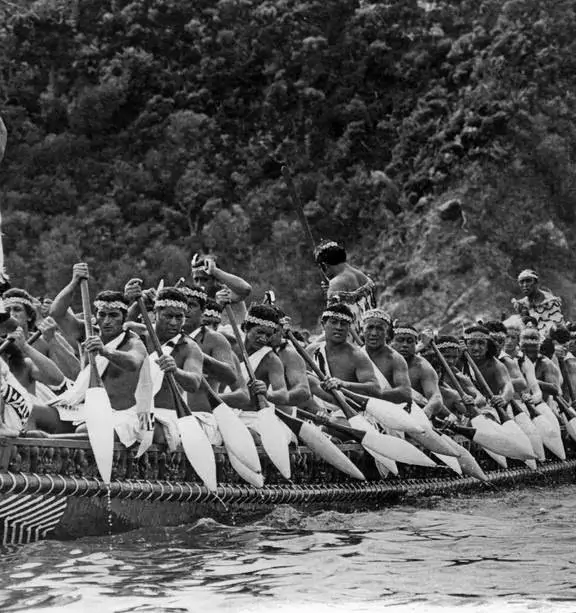
Celebrating Waitangi Day 2024
Waitangi Day is celebrated throughout New Zealand with a wide range of events and traditions that showcase Māori culture and heritage. The official commemorations take place at the Waitangi Treaty Grounds, where the signing of Te Tiriti occurred. These ceremonies include speeches, cultural performances, and the raising of the New Zealand flag.
In addition to the official events, communities across the country organize local celebrations that reflect the diversity of Māori culture. These include kapa haka performances, traditional waka (canoe) races, art exhibitions, storytelling sessions, and the sharing of traditional Māori food and crafts. These celebrations provide an opportunity for New Zealanders to engage with Māori culture, learn about its richness, and forge connections with local communities.
Engaging with Māori culture and language on Waitangi Day
Waitangi Day offers a unique opportunity for individuals to engage with Māori culture and language, fostering a deeper appreciation for the diverse heritage of Aotearoa. Learning a few basic Māori greetings, phrases, and songs can go a long way in showing respect and acknowledging the significance of the day.
Attending cultural performances, visiting Māori-owned businesses, or participating in workshops that teach traditional Māori arts and crafts can also provide meaningful experiences. By actively engaging with Māori culture, individuals can contribute to the ongoing dialogue of partnership, understanding, and reconciliation.
Challenges and opportunities for a more inclusive Aotearoa
As New Zealand continues to navigate the complexities of Te Tiriti, there are both challenges and opportunities on the path towards a more inclusive Aotearoa. Addressing historical injustices, promoting equitable representation, and embracing cultural diversity are crucial steps in creating a society that values and respects all its inhabitants.
Challenges include striking a balance between Māori aspirations and wider societal interests, addressing systemic inequalities, and ensuring the effective implementation of Treaty settlements. Opportunities lie in fostering genuine partnerships, amplifying Māori voices, and promoting cultural exchange and understanding.
The spirit of Waitangi Day
Waitangi Day serves as a powerful reminder of the ongoing journey towards reconciliation, partnership, and social justice in New Zealand. Navigating the complex legacy of Te Tiriti requires open dialogue, a willingness to learn, and a commitment to honoring the principles of the treaty.
By understanding the historical context, embracing cultural diversity, and actively engaging with Māori communities, New Zealand can continue to build a society that reflects the aspirations and values of all its inhabitants. Waitangi Day is not only a day of commemoration but also an opportunity for New Zealanders to come together, celebrate diversity, and forge a path towards a more inclusive and equitable future.
Read also: Tina Turner: A Farewell to the Queen of Rock ‘n’ Roll’s Timeless Legacy.

